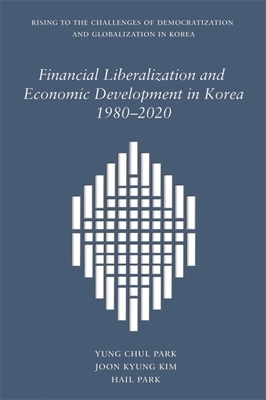Expedite your nonfiction book discovery process with Readara interviews, summaries and recommendations, Broaden your knowledge and gain insights from leading experts and scholars
In-depth, hour-long interviews with notable nonfiction authors, Gain new perspectives and ideas from the writer’s expertise and research, Valuable resource for readers and researchers
Optimize your book discovery process, Four-to eight-page summaries prepared by subject matter experts, Quickly review the book’s central messages and range of content
Books are handpicked covering a wide range of important categories and topics, Selected authors are subject experts, field professionals, or distinguished academics
Our editorial team includes books offering insights, unique views and researched-narratives in categories, Trade shows and book fairs, Book signings and in person author talks,Webinars and online events
Connect with editors and designers,Discover PR & marketing services providers, Source printers and related service providers

Financial Liberalization and Economic Development in Korea, 1980-2020
Business & Economics > Finance - General
- Harvard University Press
- Hardcover
- 9780674251281
- -
- -
- Business & Economics > Finance - General
- (Single Author) Asian American
- English
Readara.com
Book Description
Since the early 1980s, Korea's financial development has been a tale of liberalization and opening. After the 1997 financial crisis, great strides were made in building a market-oriented financial system through sweeping reforms for deregulation and the opening of financial markets. However, the new system failed to steer the country away from a credit card boom and bust in 2003, a liquidity crisis in 2008, and a run on its savings banks in 2011, and has been severely tested again by the ongoing COVID-19 pandemic crisis. Financial liberalization, clearly, has been no panacea.
This study analyzes the deepening of and structural changes in Korea's financial system since the early 1980s and presents the empirical results of the effects of financial development on economic growth, stability, and the distribution of income. It finds that, contrary to conventional wisdom, financial liberalization has contributed little to fostering the growth and stability of the Korean economy and has exacerbated income distribution problems. Are there any merits in financial liberalization? The authors answer this query through empirical examinations of the theories of finance and growth. They point to a clear need to further improve the efficiency, soundness, and stability of Korean financial institutions and markets.
Author Bio
Yung Chul Park is currently a Professor in the Division of International Studies, Korea University. He was a Professor of Economics at Korea University from 1976 to 2005 and Research Professor at Graduate School of International Studies, Seoul National University from 2005 to 2008. Previously he served as the Chief Economic Adviser to the President of Korea, as President of the Korea Development Institute, and as President of the Korea Institute of Finance.
He also worked for the International Monetary Fund. His main research areas include financial development and liberalization and regional monetary and financial integration. He has published as author or editor several books including Financial Liberalization and Economic Development in Korea, 1980-2020 (co-authored with J.K. Kim and H. Park, Harvard University Asia Center, 2021).
Source: Vox EU CEPR
Videos




Community reviews
No Community reviews

